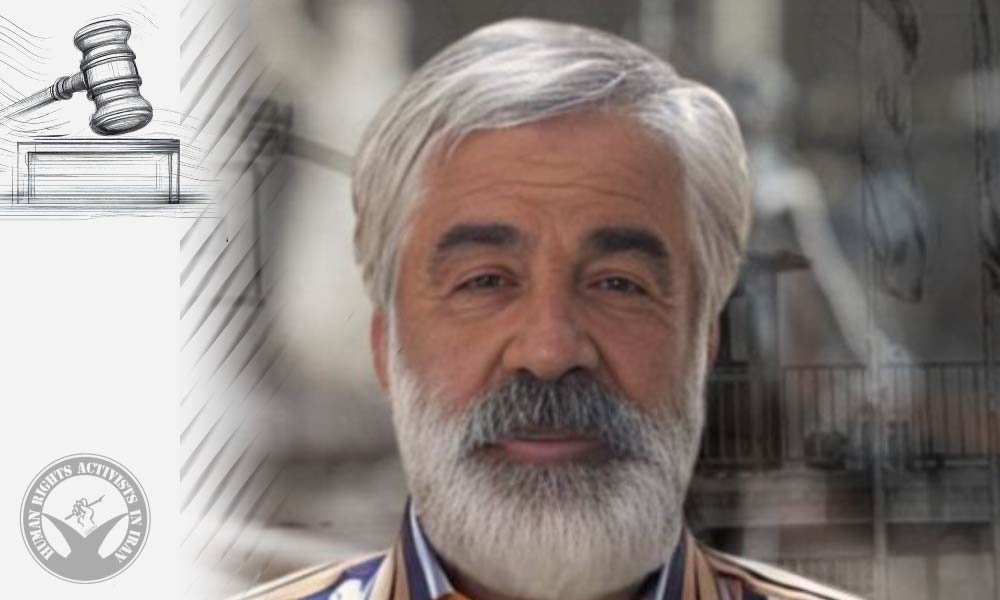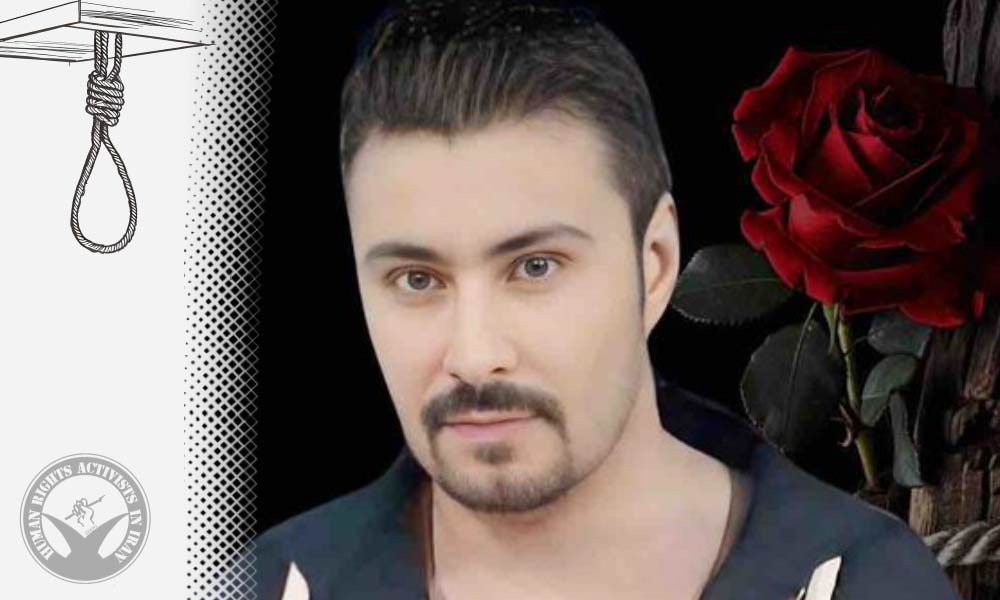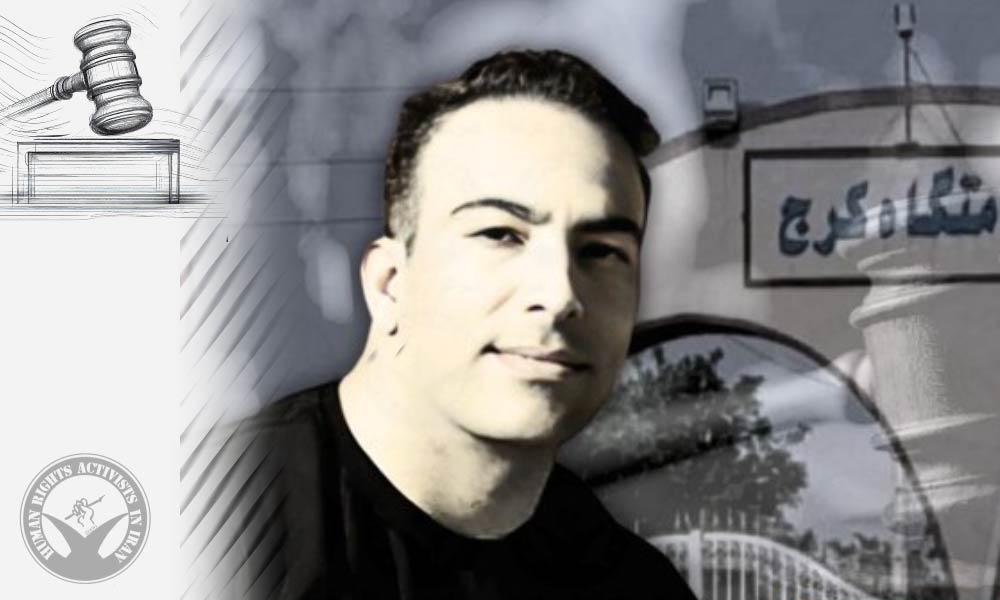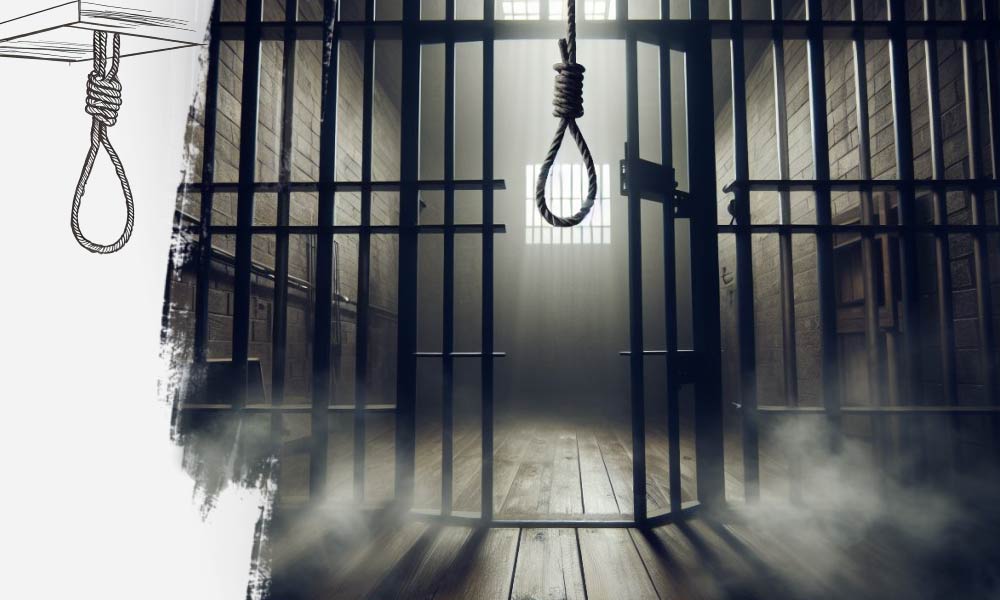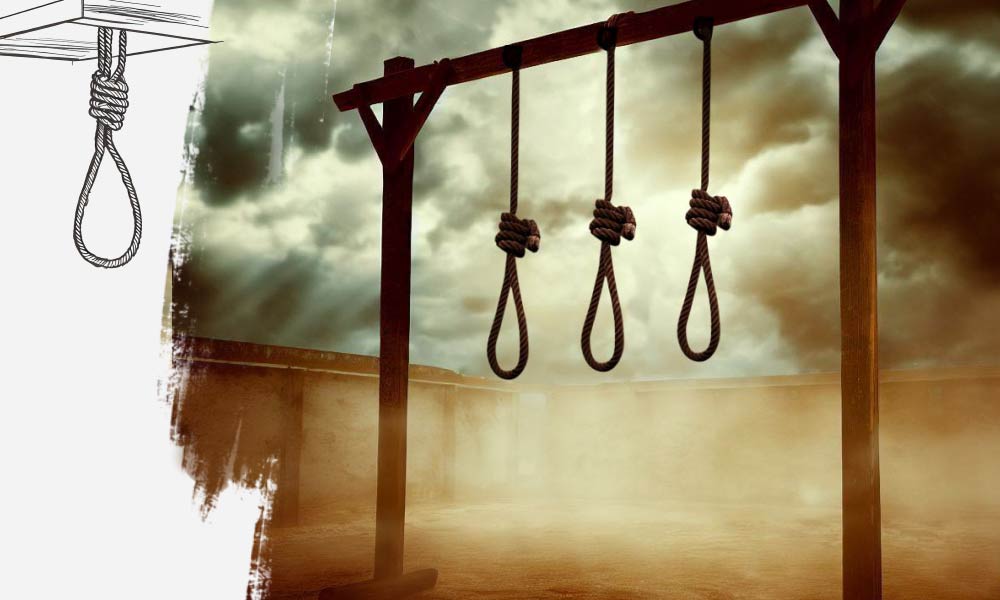The Swedish Prime Minister, Ulf Kristersson, announced on Saturday that Hamid Nouri had been exchanged for Johan Floderus, a Swedish diplomat imprisoned in Iran. In this prisoner swap, Saeed Azizi, a dual Iranian-Swedish citizen, was also released.
Hamid Nouri was arrested in Sweden for crimes against humanity in the summer of 1988 and the massacre of political prisoners. During this period, his detention was extended several times by a Swedish court. On July 14, 2022, a Swedish court charged Hamid Nouri with “gross and criminal violation of international law (equivalent to war crimes) and premeditated murder,” and he was found guilty on both counts. Ultimately, he was sentenced to life imprisonment and ordered to pay compensation to the survivors and families of the victims of the 1988 executions.
Nouri was a prosecutor at Evin and Gohardasht prisons in Karaj in 1988. That summer, thousands of political prisoners in Iran were executed by the regime and secretly buried in mass graves.
Regarding Johan Floderus, an employee of the European Union’s foreign policy department, the Swedish government and the European Union had previously demanded the “immediate” release of this Swedish citizen from prison, calling his detention “arbitrary.” He faced several court sessions with charges such as “corruption on earth by a wide scale organizing act against the country’s security and territorial integrity, and collaborating with the Zionist occupying regime,” as well as “gathering and conspiring to commit crimes against national security.”
Saeed Azizi, a 63-year-old Iranian-Swedish citizen who was released along with Floderus, was arrested by security forces at his home in Tehran on November 12, 2022, during a trip to Iran. He was later sentenced to five years in prison by Branch 26 of the Tehran Revolutionary Court, presided over by Judge Iman Afshari.





